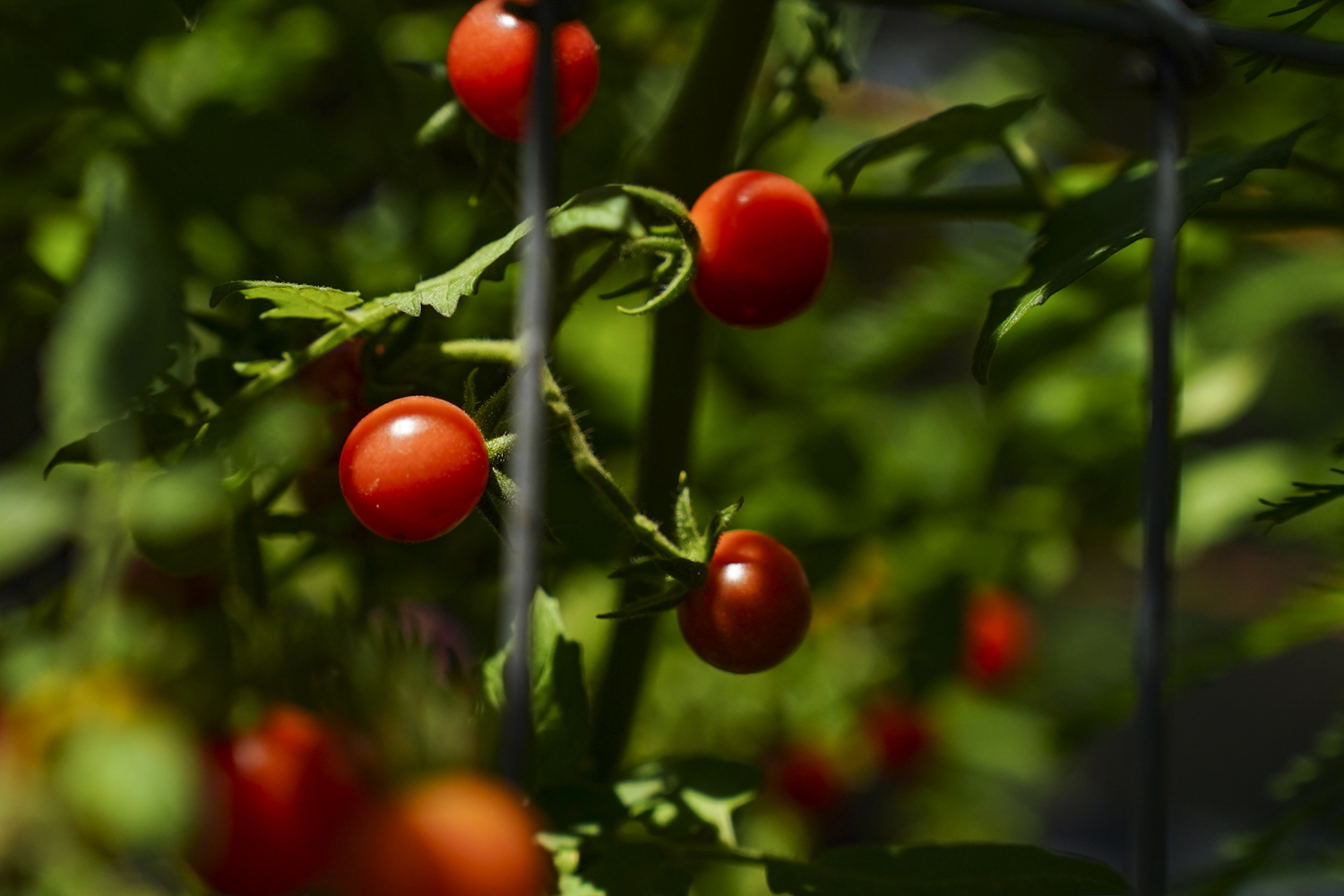|
Only have a minute? Listen instead |
Remember when the federal government reclassified ketchup as a vegetable to make school lunch offerings comply with nutritional guidelines? The Reagan-era move enabled schools to use the condiment as a larger element when preparing students’ meals, for example.
Well, they’re at it again. This time the feds want to reclassify potatoes as grains instead of vegetables. Spuds could be moved off their traditional place on the menu with carrots and broccoli and placed instead with rice and quinoa.
These are the same people who complain that media and social internet sites are spreading too much misinformation.
The federal Dietary Guidelines Advisory Committee, including members from the U.S. departments of Agriculture and Health and Human Services, has proposed the reclassification in order to help schools, food stamp users and other recipients of government food programs meet nutritional targets drawn up in the classic food pyramid and other government nutritional materials. Those guidelines are updated every five years, and the committee is working on the 2025-2030 version.
Those people apparently are really proud of that pyramid, and prefer to change food classifications instead of adjusting their little graphic.
Committee members reason that potatoes are starchier and more laden with calories than most other vegetables. Thus, their inclusion can cause vegetable-rich recommendations to exceed low-calorie targets.
In reality, it’s a nutritional tradeoff. Potatoes provide potassium and other nutrients that most grains don’t have. However, spuds lack the fiber that most dietitians and public kitchens rely on grains for providing.
As can be expected, the proposal has brought bushels of complaints from potato growers, botanists, cooks and perhaps even dictionary editors, who say reclassification doesn’t change the tubers’ actual composition.
Good luck with that argument. Tomatoes, those experts also will remind us, actually are fruits.

Some members of Congress are so outraged, in fact, that they’re talking about filing legislation that would ban such a change.
Some nutritionists actually have endorsed spuds as a way to provide low-cost nourishment at soup kitchens and other places that might provide some people with the only meal they have for the day. When the COVID-19 pandemic inspired some people to grow their own food, many recommended that they plant plenty of tomatoes, which were easy to grow and provided a high nutrient-to-cost ratio.
Dietary guidelines are taught in our schools. Giving students accurate information can help them make more informed decisions as they grow and begin buying, and perhaps making, their own meals.
After all, schools are our primary learning environments, perhaps second only to experience. And experience will tell most people that potatoes are not grains.
Illogical information such as potato reclassification, instead of making things easier in our school cafeterias, could instead cause people everywhere to question the veracity of the information they get from their government.
Come to think of it, that might not be such a bad thing.
At least it will help us decide where to put our potato rolls.

